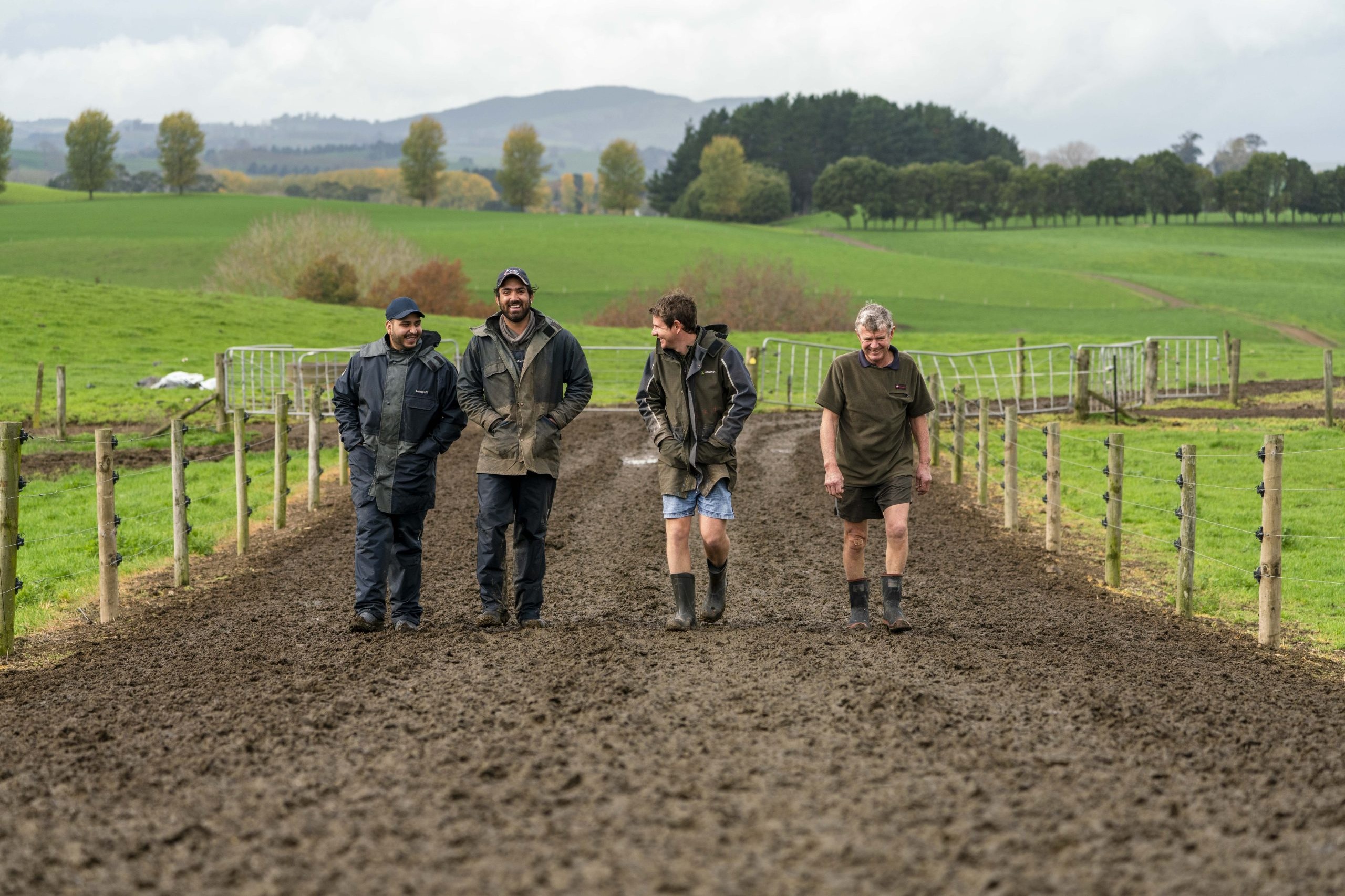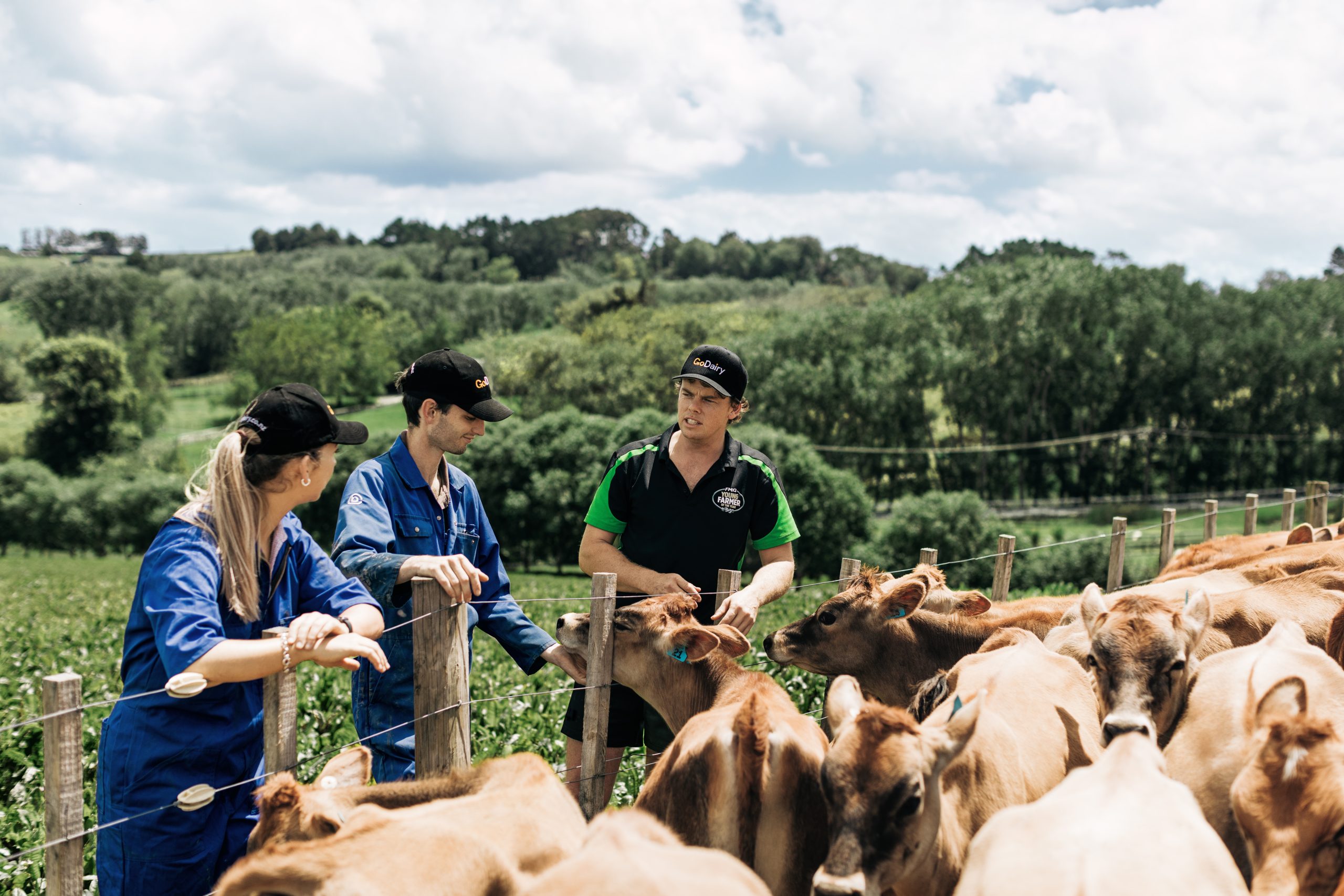Whether it’s for helping to rear calves, relief milking or letting a full-time staff member have a few days off, employing casual staff should always be done the same as employing anyone else – the right way.
Long gone are the days of a spouse or teenage son or daughter of someone on the payroll helping out when they can and being slipped a few dollars in return.
But it is these people, plus the retiree looking for an interest, a student needing some extra dollars, or the person who lives down the road that can fill the employment gaps on farms until things return to normal, if they ever will.
Casual employment differs from permanent employment and both the employer and the employee needs to understand the difference.
A casual employee has no expectation of regular work at a set time.
The employer knows the employee can say no to any work offered.
Employing calf rearers, and relief milkers may better suit a fixed-term employment agreement.
These have an end date and set hours that the employee agrees to.
The employment agreement should state the reason for the fixed term and when the fixed term employment will end and why.
Fixed term employment works well for calf rearers, to cover staff on maternity or ACC leave, or when a permanent employee has left before the end of the season and you don’t want to recruit a new person until the next.
Employers have to be careful that casual employment doesn’t become part time work without a change in the employment contract.
If the employee has regular guaranteed work hours, a regular work pattern, or an ongoing expectation of work then they are not casual staff.
So if your mate milks every Sunday evening for you during the season then he is a permanent, or fixed term (until the end of the season), worker and not a casual.
However, if he wants the opportunity to say no every now and then to the Sunday milking, not for sickness, then he is still a casual.
Confusing? It’s probably why it fills up our employment courts. If a casual employee believes they should be on a permanent contract and takes out a personal grievance against you it could cost you thousands.
The best thing is to discuss with the person what both of your expectations are and have it in writing in an employment contract and signed.
But why does it matter whether someone is casual or permanent?
Two reasons – holiday pay and the ability to dismiss them.
Because casual workers don’t work set hours, it is difficult to give them holidays so instead you and they can decide to add 8% to their pay instead. However, there may be changes to this coming in the Holidays Act so keep up to speed on them.
Also, you don’t have to pay casual staff KiwiSaver but check that one with your accountant or lawyer. If they’re working for more than three months for you, especially if it is on a daily basis, then you probably should be paying KiwiSaver.
Sick leave, bereavement leave and other types of leave might have to be paid to casual staff depending on the number of hours they work each week – again check with your accountant or lawyer.
Dismissing a casual worker is easy – just tell them there is no longer work for them.
As each time a casual employee accepts the offer to work, it’s considered a new period of employment, it’s actually not a formal dismissal if you don’t offer them more work.
However, if an employer sends a casual worker home, say, in the middle of milking and does not pay them for the full milking, when the expectation was that they were to be there, this could mean that they were dismissed. So be careful.
If your casual employee is on a roster, has regular hours, feels they can’t refuse to work for you if you ask them, been employed for longer than six months, and has the expectation of future work from you then they probably are not a casual and should be on a permanent contract.
Even if you are employing kids as casuals you still have to abide by all the rules. You just don’t have to pay the minimum wage for those under 16, although you probably should, especially if they are doing the same work as a 16-year-old would.
Just like for all employees, an employer must keep accurate wage and time records for young staff and if an employee is under 20 their age must also be included in those records as well.
If your employees are under the age of 16, their work hours must be outside of school hours and they must not be between 10pm and 6am so forget them getting the cows in for you for morning milking.
These rules are to make sure, however farm-mad a kid is, that school and exams always come first.
And if you are found out, employers and parents get fined. Don’t be the person who is both!
As well, under 15-year-olds can’t be employed in any area where the work could possibly harm the employee or if the work involves using any machinery.
However, there is a special exception for the agricultural sector which allows young people who are over the age of 12 to use tractors provided they are fully trained or being trained, or they live on the property. There are lots of grey areas here, obviously, so be cautious. Ask the experts.





